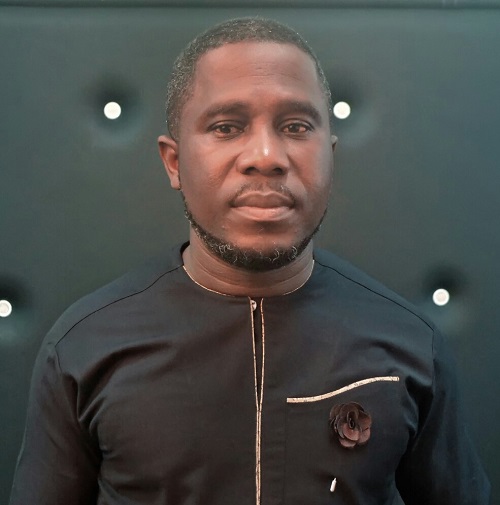…Hiking tariffs equals endorsing and promoting inefficiencies
Rather than having to hike electricity tariffs to raise revenue for retooling of transmission and distribution networks and pay a US$1billion debt owed Independent Power Producers (IPPs), focus must be placed on fixing inefficiencies of power utility companies, the Institute for Energy Security (IES) has advised.
The Institute argued that in 2019 alone the combined transmission and distribution loss stood at 29.4 percent of total power transmitted (approximately 18,000 GWh), with a corresponding monetary value of approximately US$725million – based on an average end-user tariff of US$0.137/KWh – due to inefficiencies in the distribution and transmission systems.
Meanwhile, using PURC’s allowable loss margin of 26.7% for 2019, the actual revenue loss incurred by Ghana Grid Company (GRIDCo), Electricity Company of Ghana (ECG) and Northern Electricity Distribution Company (NEDCo) was found to be roughly US$67million. However, based on the global combined benchmark of 10 percent and sub-Saharan Africa’s (SSA) average of 18 percent, the revenue loss to the three utilities would be estimated at US$478million and US$281million respectively.
On the back of these huge losses, the energy think-tank believes that instead of burdening the consuming public with responsibility of paying for inefficiencies in distribution and transmission, especially within the context of the current economic downturn caused by the pandemic – as is being mooted, emphasis and focus must rather be put on fixing inefficiencies existing within GRIDCo and the two power distributors, ECG and NEDCo, to effectively seal leakages in distribution and revenue collection.
To IES’s Executive Director Nana Amoasi VII, increasing electricity tariffs will also amount to “endorsing and promoting inefficiencies”. He said the losses show that there could be enough cash to begin addressing technical inefficiencies in the distribution network, if commercial inefficiencies relating to cash collection from power consumed – particularly on the part of ECG which accounts for 55 percent of total distribution losses – are resolved.
“We are not in normal times,” he said, adding: “Jobs have been lost, pay-cuts have been occasioned, and money cannot be borrowed easily – thanks to COVID-19. The least distributors can do is to make consistent and reliable electricity available to consumers, and not introduce additional financial burdens on consumers.”
To him, any attempt to raise the cost of electricity for industries without addressing first the current instability in power supply would lead to an increase in captive power generation; high cost of power may then force industry to move away from the national grid, leading to more stranded – excess – power.
Additionally, he said, if the Public Utilities Regulatory Commission (PURC) supervises any tariff increase, the country’s power sector will become uncompetitive within the context of regional electricity trade via the West Africa Power Pool (WAPP).
Already, government on many occasions has said the country is unable to sell its excess power capacity to Togo, Benin and Burkina Faso because of high tariffs. Increasing cost per kilowatt-hour of electricity would therefore produce extra excess power, Nana Amoasi VII warned.
Going forward, he said, the ECG and NEDCo as a matter of urgency must interrogate their cost profiles for transmission and distribution, value addition and others, to place them on the path of recovery and profit-making – noting that in other jurisdictions where utilities are recording profits, they do that largely on the basis of system improvement through innovation and not necessarily through tariff increment.
In addition, he said, the PURC would nullify its usefulness and objectivity if it is compelled to approve any tariff increase for ECG and NEDCo.
Background
Since the turn of 2021, the country has been experiencing unreliable power supply – a situation occasioned by GRIDCo’s failure to replace over-aged transmission infrastructure and equipment, due to financial constraints. Part of GRIDCo’s challenges are caused by distributors’ – ECG and NEDCo – inability to effectively collect revenue for power consumed, leading to a highly indebted and distressed power sector.
The recent power outages and supply challenges have, therefore, led to conversations among players in the power sector to have electricity price adjusted upward to enable GRIDCo, ECG and NEDCo raise enough revenue to retool the power transmission and distribution networks in order to ensure reliable power supply.
IES however holds the view that this approach will not solve the problems. Rather, it believes that all efforts must be made to bring efficiency to the transmission and distribution power sub-sector in order to ensure the system is able to effectively pay for power consumed, rather than having to burden power consumers with hiked tariffs.










